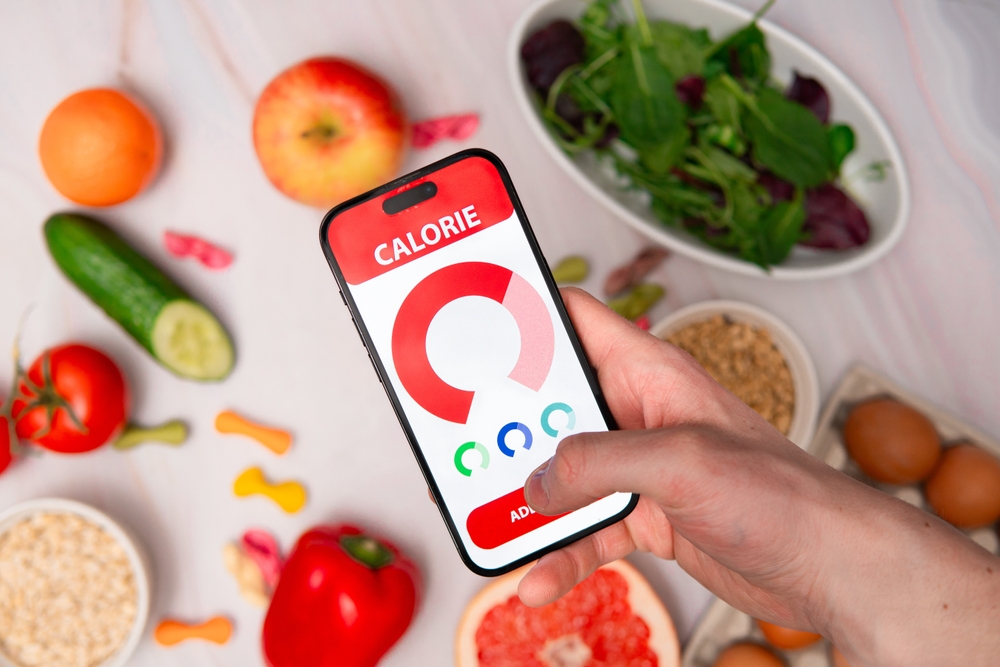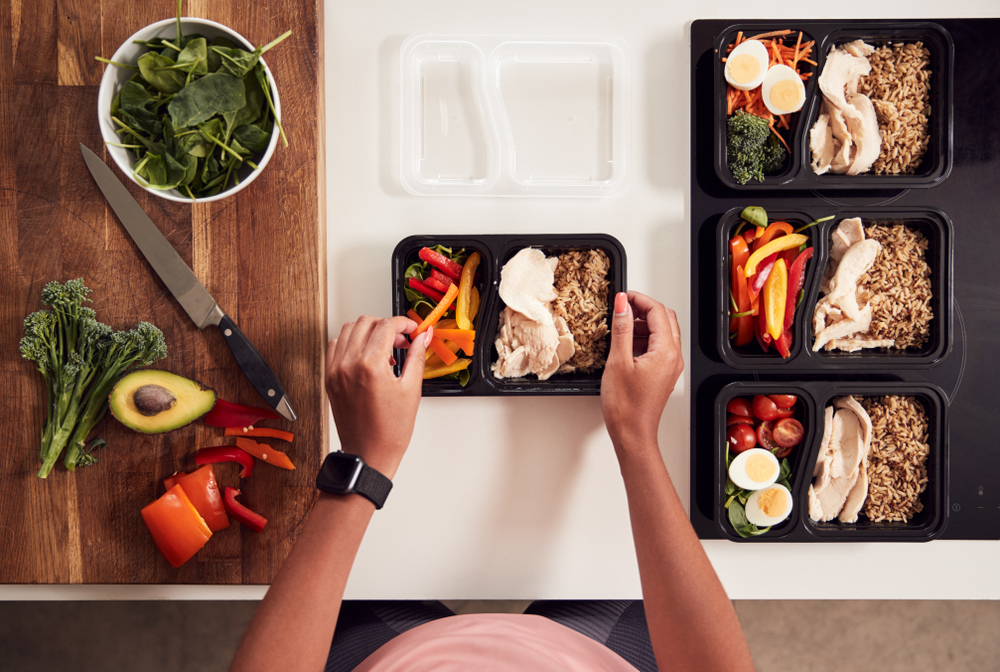Losing weight can feel like a challenging journey, but with the right strategies, it’s entirely possible to shed those extra pounds in a healthy and sustainable way. Fad diets and quick-fix programs may seem tempting, but they often don’t provide lasting results. In this blog, we’ll discuss 10 proven weight loss tips that actually work, helping you on your journey toward a healthier, happier you.
1. Set Realistic Goals
One of the first and most important steps in any weight loss journey is to set realistic goals. Aim for losing 1-2 pounds per week, which is a healthy and sustainable rate. Setting achievable targets helps you stay motivated and avoid the frustration of unrealistic expectations. Keep in mind that slow and steady progress is more sustainable in the long run.
2. Track Your Food Intake
It’s easy to underestimate how much we eat, and that’s where tracking your food intake comes in handy. Using a food diary or apps like MyFitnessPal can give you a clear picture of what you’re consuming. When you’re aware of your eating habits, it’s easier to make adjustments that can contribute to weight loss. Be honest with yourself, and track everything from meals to snacks.

3. Eat More Protein
Protein is really helpful for losing weight. It keeps you feeling full for a longer time, so you end up eating less. Try to add protein-rich foods like eggs, chicken, fish, beans, and nuts to your meals. Studies have shown that people who consume more protein tend to lose weight more effectively because it boosts metabolism and reduces appetite.
4. Cut Back on Sugary Drinks
Sugary drinks like soda, energy drinks, and even certain fruit juices are loaded with empty calories. These drinks don’t fill you up, but they add a significant amount of sugar and calories to your daily intake. Switching to water, unsweetened tea, or black coffee can significantly reduce your calorie intake without making you feel deprived.
5. Prioritize Whole Foods
Whole foods like fruits, vegetables, lean meats, and whole grains should make up the majority of your diet. These foods are nutrient-dense and lower in calories compared to processed foods, which often contain added sugars and unhealthy fats. Eating more whole foods not only aids weight loss but also improves overall health.
6. Exercise Regularly
Exercise plays a crucial role in weight loss. While diet is essential, combining it with regular physical activity helps burn more calories and tones your body. You don’t need to start with intense workouts; even daily brisk walking or light exercises like yoga can make a difference. As you get fitter, slowly start doing more exercise.
7. Get Enough Sleep
Getting enough sleep is often overlooked in weight loss discussions, but it’s just as important as diet and exercise. Not getting enough sleep messes with the hormones that control your hunger, making you crave more food and overeat. Aim for 7-8 hours of good sleep each night to support your weight loss goals.
8. Practice Portion Control
It’s not just what you eat but also how much you eat that matters. Controlling your portions can stop you from overeating and help you keep track of your calories. Use smaller plates, measure out portions, and be mindful of how much food you’re consuming. This simple habit can make a huge difference over time.

9. Stay Hydrated
Drinking enough water is an easy and great way to help with weight loss. Sometimes we think we’re hungry when we’re actually just thirsty, so we end up snacking when we don’t need to. Having a glass of water before meals can also help you eat less. Try to drink at least 8 glasses of water each day, and even more if you’re working out.
10. Be Consistent and Patient
Last but not least, consistency is key. Losing weight takes time and you’ll have some ups and downs along the way. Stick with your goals, even if progress feels slow. It’s about making lasting changes, not just temporary fixes. Celebrate your small wins and keep going!
Final Thoughts
Losing weight doesn’t have to be complicated. By following these 10 proven tips—setting realistic goals, eating more protein, cutting back on sugary drinks, and staying active—you can achieve sustainable weight loss. Remember, the key is to make gradual changes that you can maintain for life. Focus on building healthy habits rather than seeking instant results, and over time, you’ll see the positive changes in your body and overall well-being.
With consistency and the right mindset, you’re well on your way to achieving your weight loss goals!



